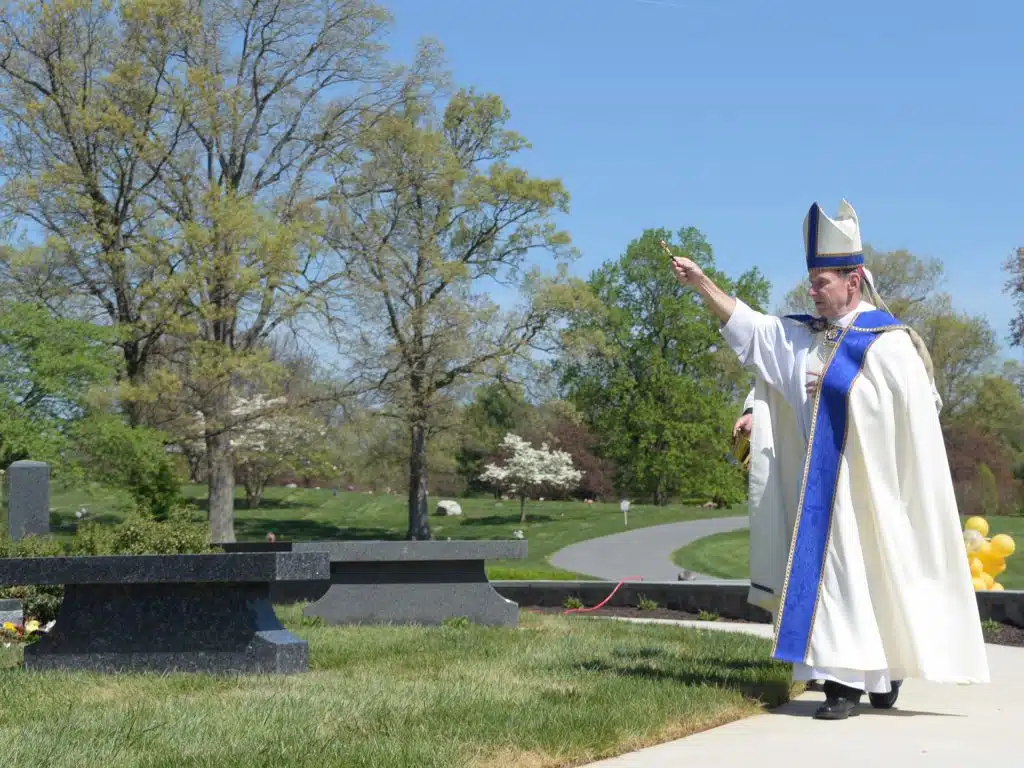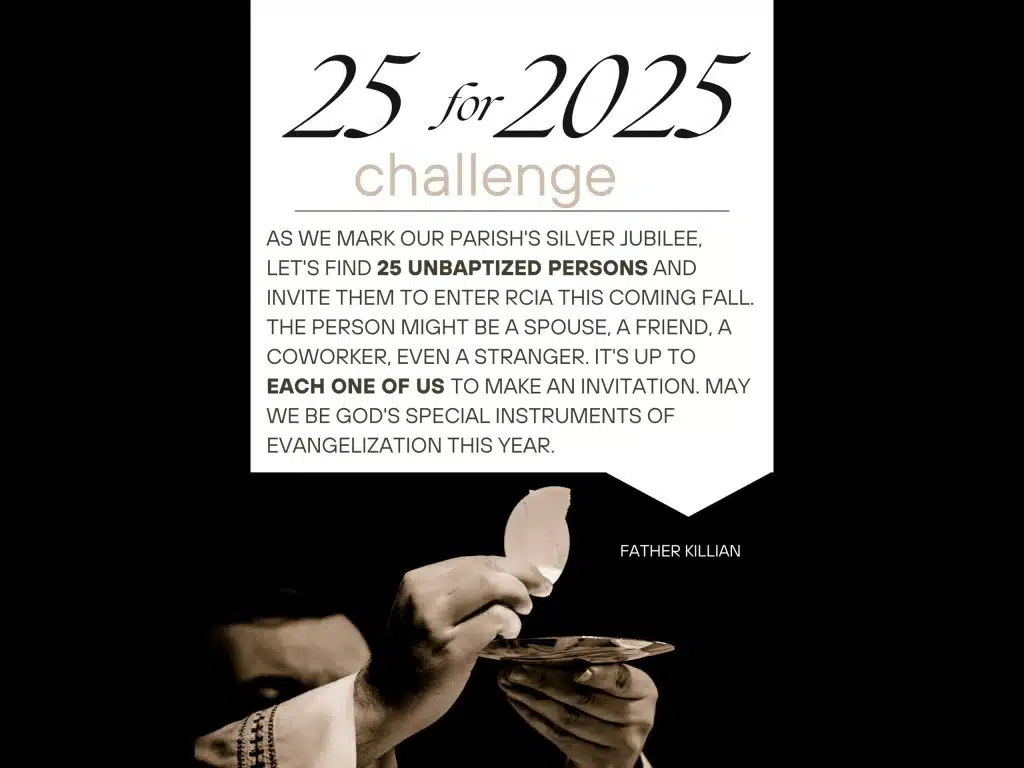As a father of four, I am familiar with practice. There’s hockey practice, piano practice and lots of practicing patience. My kids are learning what a C-sharp sounds like and how to track the puck when they are playing defense. These practices form our family by training perception.
I’m thankful for all of the kids’ activities, partly because they distract them from the screen. The screen is another venue for forming perception, though we rarely think of it that way. We tend to talk about media technology as a means for communicating or gathering information.
Meanwhile, the practice of using the technology is forming our perception in small ways that often go unnoticed.
One example is the blue light that is emitted from smartphones and tablets that interferes with the neurotransmitters that bring on sleep. Reading before bed can be a relaxing activity but doing it from a screen can tell your brain just the opposite, to wake up.
Media technology practice also has an effect on memory. How many times have you opted to Google something rather than try to remember it on your own? How many photos have you taken at a party or on vacation for fear that you might not remember how fun or beautiful everything was?
Practice forms habits and when they are ordered properly, habits can be salutary for the soul. However, habits can also turn into disordered obsessions or addictions. Today, we hear a lot about technology addiction but not a lot about technology practice.
There are certainly addictive qualities about media technology but even if we are not addicted, we are still engaged in the practice of using those technologies regularly. And those practices can alter our perception in ways that change our understanding of others, ourselves and God.
The question that needs asking is, What is all of this technology practice forming us for?
Our devices — even when they are put away — haunt us with the possibility that a new message or bit of news is ready to be consumed. It starts with a practice such as using the computer for hours a day (required for most office workers) that spills over into leisure time with social media, games and plenty of Netflix.
For children, it is the threat of boredom that drives them to the screen. Boredom, a state once reserved for the free play of the imagination and memory, is conquered by their thirst for constant stimulation that can only be slaked by streaming media.
Catholic philosopher Josef Pieper said that leisure was the basis of culture. It’s leisure that gives us the time and space to contemplate God. Without it — in lives that are dictated by labor and the digital tools required to perform it — we lose our capacity to perceive the capaciousness of God. The ways that we spend our leisure time says a lot about what we ultimately value.
But there are upsides to the new technology’s effects on the senses, memory and imagination. There are practices that help us recognize the pain of another human being or get in touch with something transcendent.
One example is viewing family photos with a child and telling them stories about when they were little. It’s a small practice that forms their memory in ways that remind them that they are part of a family and a stream of memories, part of something much larger than themselves.
If the goal is finding a healthy balance with our technological creations, then we have to start with practice. Just as a doctor practices medicine, a Catholic practices religion. We know it’s the cure for our spiritual maladies, but sometimes we shirk our duty to rise and pursue the good.
Take a moment to revisit the practices in your daily life and to ask how they are forming your memory and imagination. As Catholics, we call to mind Christ’s passion, death and resurrection so that we can imagine a life of hope.
There’s even an app for that. It’s called 3D Catholic and 3D stands for three devotions: prayer, fasting and almsgiving. It’s a simple reminder that our virtual technologies shouldn’t strip us of our physical bodies. Because those bodies can be used to commemorate Christ’s passion through prayer, fasting and helping others in very real ways.
Robinson is director of communications and Catholic media studies at the University of Notre Dame McGrath Institute for Church Life.


